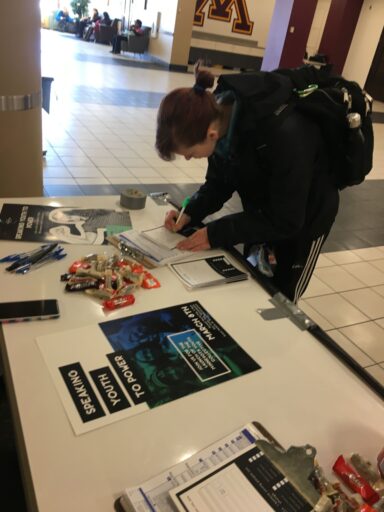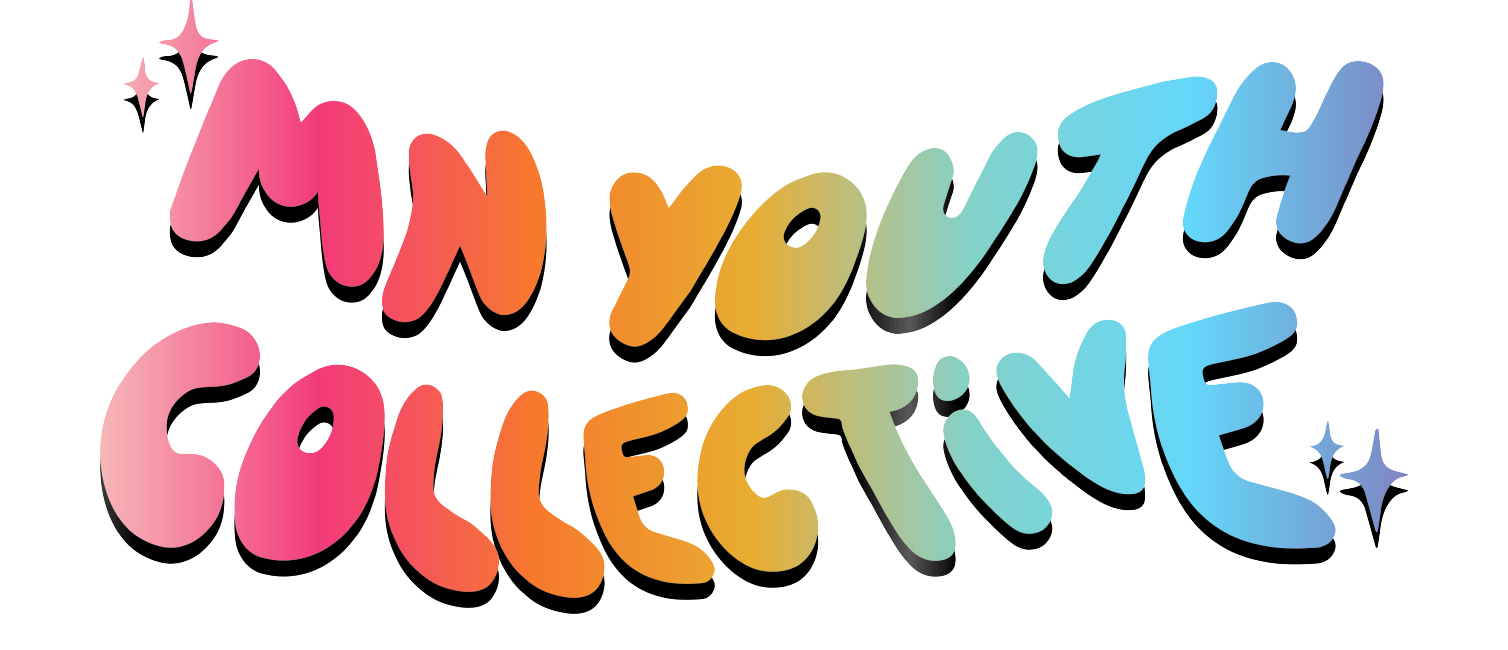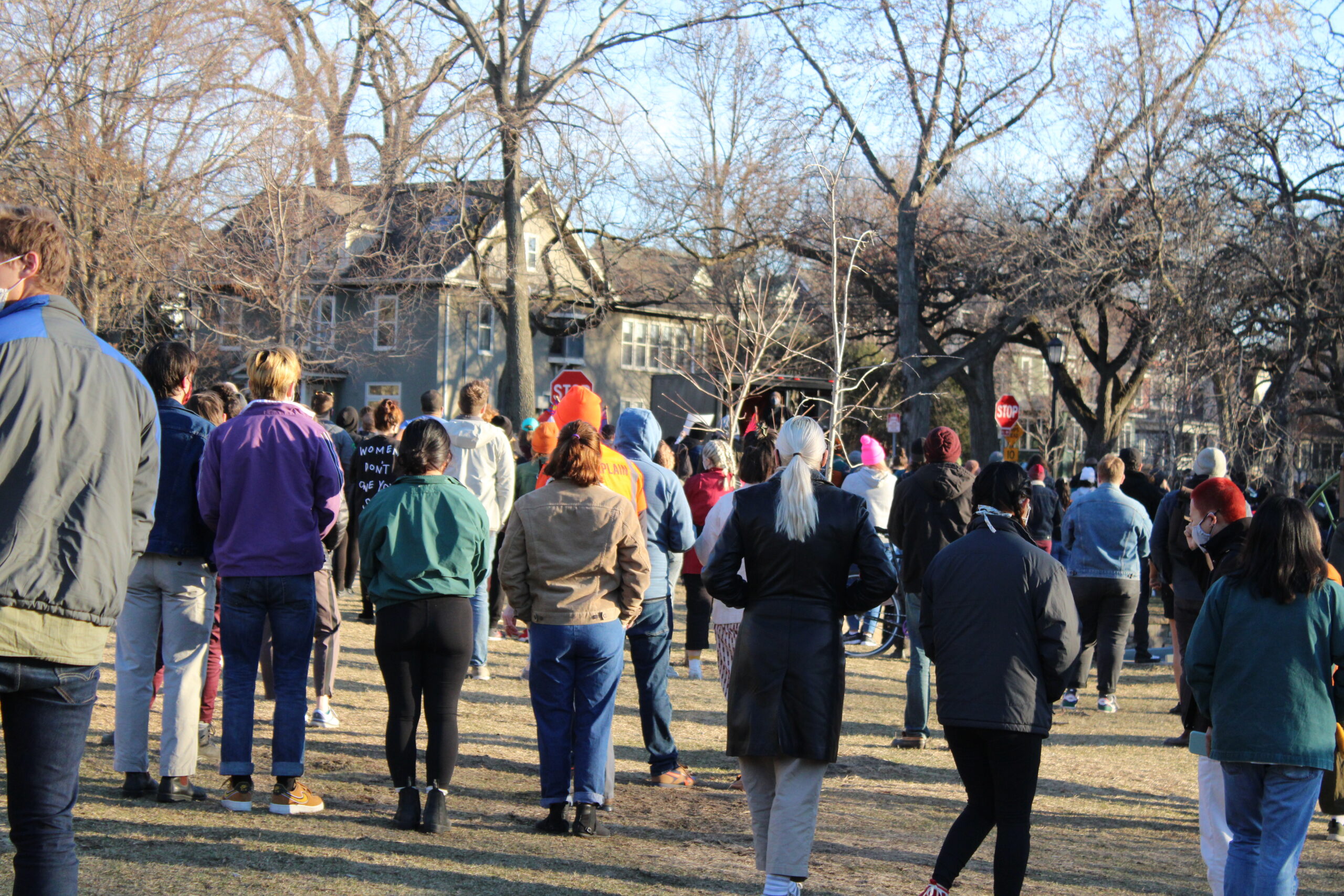Minnesota Youth Collective is an organization that centers leadership development of the new generation of movement leaders, leveraging electoral work and issue advocacy as tactics to create a more equitable and just state for all people. Using these three areas of focus, we make decisions and create programming that allows us to provide opportunities for young people to become community leaders and grow their skills, advocate for community-led solutions to community-based issues, and encourage young people to be civically engaged in ways that are meaningful to them.
Leadership Development
We know young people are involved in their communities — from participating in mutual aid to organizing protests and mass action, we see daily the ways in which young people are leading their communities. We want to uplift that leadership and help young people grow their existing skills and develop new ones, so they can be even better leaders than they already are. Tomorrow’s leaders are already here. It’s our job to support them.
Our primary leadership development project is our paid fellowship program, which is designed to teach young people the skills they need to be community leaders and to give them the opportunity to apply those skills with the support and mentorship of our staff and communities.
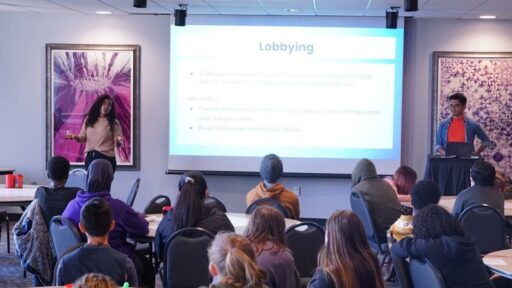
Issue Advocacy
The best way to solve community problems is through community solutions. We work with community leaders and coalitions to create and advocate for solutions to the problems that our communities are facing. The strongest solutions are those that address multiple aspects of a problem, such as the short- and long-term impacts on individuals and communities, so everyone benefits from the solution. While most of our advocacy work is based in the Twin Cities, we see this as setting the groundwork for future change throughout the state.
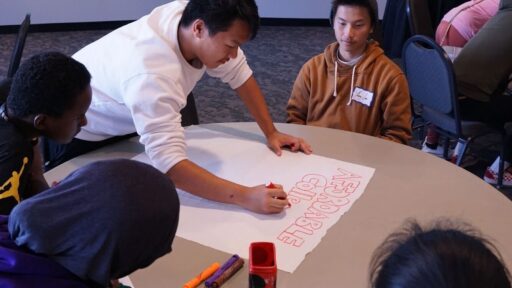
Civic Engagement
Civic engagement is a way of being involved in one’s community. Our goal is to share multiple avenues for civic engagement to help young people build lifelong, sustainable patterns of engagement in their communities. For some people, this could include voting and volunteering, while for others it could be in the form of protesting and mutual aid. Regardless of how someone chooses to be engaged, we want to share what we know or connect them with people who know more than us so engagement is accessible.
